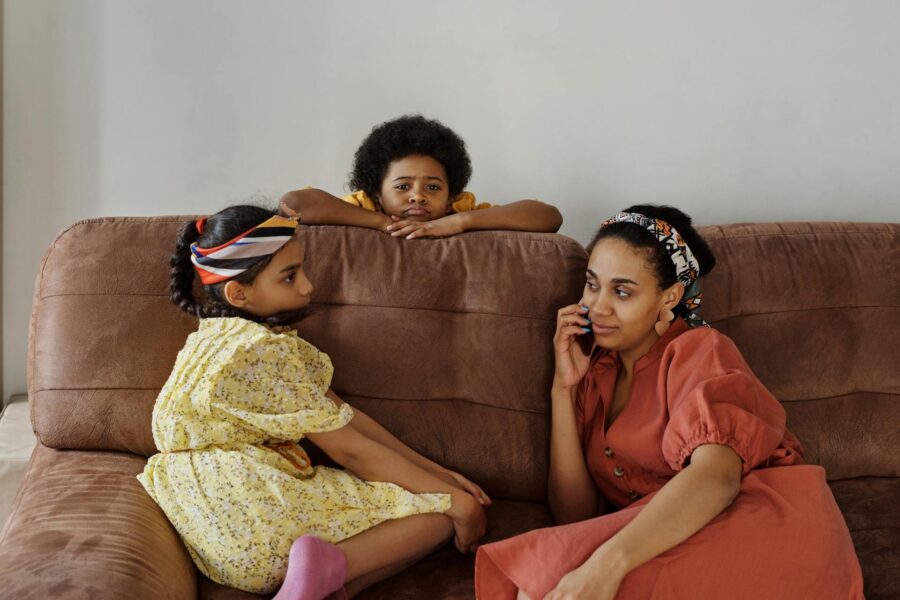
Mistakes parents make when talking to kids about divorce or separation
When it comes to talking to your kids about divorce or separation, you may not know how to approach such a sensitive topic.
While there is no exact right way to do this, parents make some missteps when having this discussion that can create confusion, anger or resentment; so it can be wise to avoid them.
Mistake: Not keeping it age-appropriate
A child’s age is critical in what they understand about divorce and what they need to navigate this transition. Failing to take age into account when having this conversation could lead to higher stress for a child, inaccurate conclusions, and unresolved issues.
Thankfully, there are resources to help parents, no matter how old a child is. Some sources you might consider can include this pamphlet that provides child-specific explanations on the legal process of divorce, as well as age-specific recommendations, like those found in this article from Today’s Parent.
Mistake: Putting a child in the middle
Asking your child who they want to live with or implying that they are in any way responsible for a divorce can be devastating for that child. Putting them in this position can make them feel torn and guilty, so it is crucial to avoid this.
Instead, assure children that they are not at fault and that you will love them no matter what.
Mistake: Closing off communication
While there are some details of a divorce that you need not share with your child, closing off all communication is unwise. (But you must be super cautious in what you share.)
Allowing your child to ask you questions or to express themselves in a safe place is critical to their adjustment to divorce. And having open, honest conversations (at an age-appropriate level) with them can send the message that you love your child and they can trust you.
Mistake: Exposing them to unnecessary conflict
Conflict makes an already difficult situation worse for children.
Thus, try to set aside negative feelings toward the other parent and try to talk to your children together. Taking a unified approach can comfort a child who may be afraid of losing a relationship with one parent.
Further, understand that it can be unhealthy to pull a child into a conflict between parents. So, avoid having fights about the legal process or marital details in front of your child.
Knowing what these missteps are and how to avoid them can make it easier for you when talking to kids about a divorce or separation.




